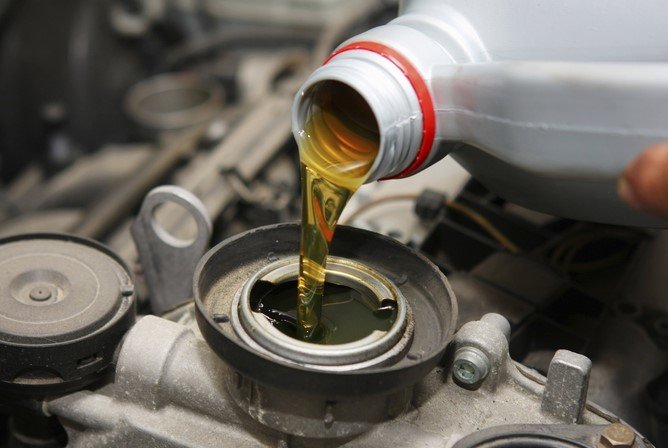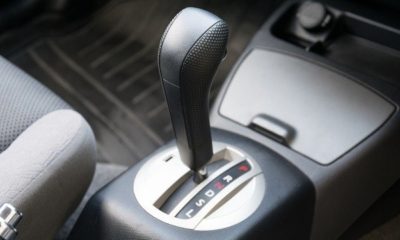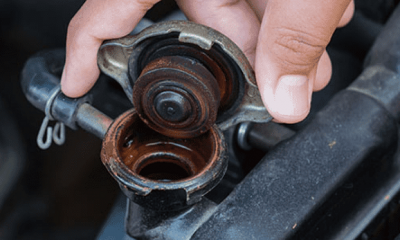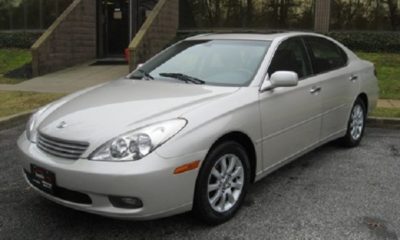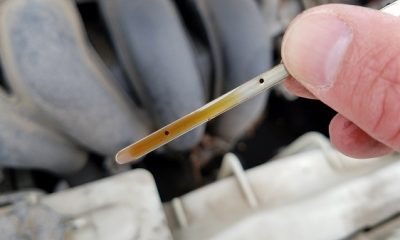
Negligence remains the worst thing you will do to your car. We human beings feel bad if neglected; so do cars.
When you skip giving your car the proper care it should get, it will retaliate and won’t serve you well. It will cost you some cash and nobody feels good making such expenses.
In essence, it all boils down to taking proper care of your car, so that your car can take care of you and keep you safe.
Below are the tips
1. Do not do away with your car manual:
The car manual is there to help you know the basics of caring for your particular vehicle. Keep the manual handy somewhere in the car like the glove compartment.
Make reference to it whenever you need to know essential information, such as the recommended tyre pressure, the regular maintenance schedule for your car, meaning of dashboard lights.
If you follow the recommendations in the manual, it will go a long way to ensuring the extended life of your car.
2. Regular maintenance is of the essence:
Regular maintenance has always been the number one way to keep your car in good shape. Regular checkups help you catch problems while they are still small and relatively inexpensive to fix.
Again, regular oil changes is paramount. The general rule of thumb is to change the oil every 5,000 miles for newer cars, every 3,000 miles for older cars (2002 and earlier). However, check your vehicle manual for the recommended service interval.
3. Be mindful of your tyres, keep an eye on them:
Over-inflation, under-inflation, and simple wear and tear can cause you to get fewer miles per gallon as well as making it harder to avoid accidents. Check tyre pressure once a month — your driver’s manual or the label inside the driver’s side door lists the preferred pressure for your car.
4. Pay attention to odd sounds, smells and movements:
Your car has a way of letting you know when it needs special maintenance. Unusual sounds such as grinding or knocking, smells such as hot sweet odors or burning rubber, and odd movements such as vibration can be hints of electrical problems, low oil, uneven wheel alignment and more.
Dashboard lights that don’t light up, a radio that fluctuates, or an engine that is sluggish to start can hint at battery problems or a blown fuse. The longer you wait to have your car checked out, the more likely it is that the fix will become costly. So, bring these things to the attention of your your mechanic right away.
5. Maintain your windshield wipers and lights:
Both are essential for ensuring you have good visibility, especially in the dark or poor weather. To check the lights, put your car in park and walk around the outside of it to be sure all the lights are working.
When headlights or rear lights are out, have the bulbs replaced. If you’re driving in the rain and the wipers are not doing a good job of clearing the windshield, it’s time to replace the blades.
When you take good care of your car, it will take good care of you.

 News1 week ago
News1 week ago
 News1 week ago
News1 week ago
 News1 week ago
News1 week ago
 News4 days ago
News4 days ago
 News1 week ago
News1 week ago
 Latest Cars1 week ago
Latest Cars1 week ago
 News1 week ago
News1 week ago
 News1 week ago
News1 week ago
